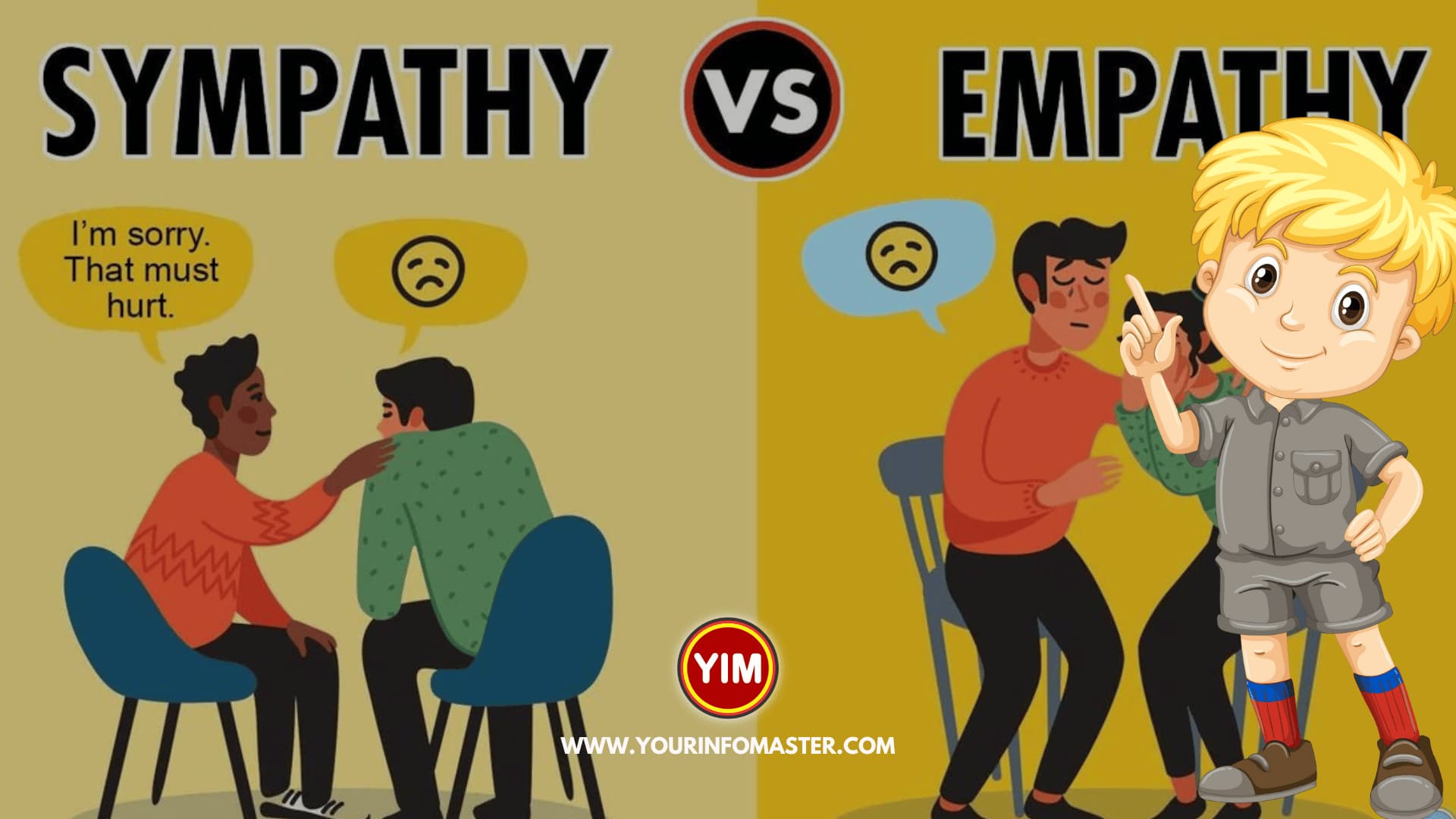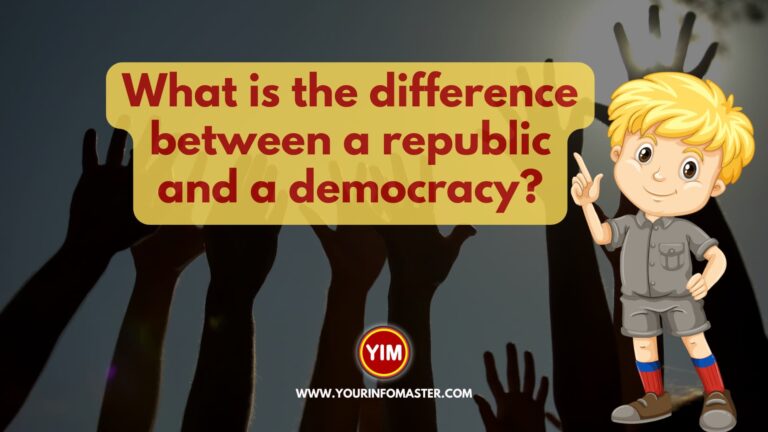I am going to explain the blog post “What is the difference between empathy and sympathy?“
What is the difference between empathy and sympathy? While these two terms are often used interchangeably, they have distinct meanings and implications. Both empathy and sympathy are related to understanding and responding to the feelings of others, but they differ in their level of emotional connection and involvement. In this blog post, we’ll explore 10 differences between empathy and sympathy, including their definitions, expressions, limitations, and more.
Check also: Water Intake Calculator
10 Differences between empathy and sympathy
Understanding the differences between empathy and sympathy can help us become better communicators, caregivers, and supporters in our personal and professional relationships.
Here is a list of 10 differences between empathy and sympathy:
- Definition
- Emotional involvement
- Understanding vs. feeling
- Perspective-taking
- Intensity
- Non-judgmental vs. evaluative
- Responding vs. fixing
- Boundaries
- Cultural and social differences
- Benefits and drawbacks
- Definition: Empathy is the ability to understand and share the feelings of another person, while sympathy is the act of acknowledging and responding to those feelings.
- Emotional involvement: Empathy involves a deeper emotional connection and involvement with the other person’s feelings, while sympathy can involve a more distant emotional response.
- Understanding vs. feeling: Empathy involves understanding the other person’s feelings, while sympathy involves feeling for the other person’s emotions.
- Perspective-taking: Empathy involves the ability to see things from the other person’s perspective and understand their experiences, while sympathy involves a more generalized response to the other person’s emotions.
- Intensity: Empathy can involve a higher degree of emotional intensity and involvement, while sympathy may involve a lower level of emotional engagement.
- Non-judgmental vs. evaluative: Empathy involves a non-judgmental response to the other person’s emotions, while sympathy may involve an evaluative response that assesses the other person’s emotions.
- Responding vs. fixing: Sympathy often involves responding to the other person’s emotions in a way that offers support and comfort, while empathy may involve trying to fix the problem that is causing the other person’s emotions.
- Boundaries: Empathy involves recognizing and respecting the boundaries between oneself and the other person, while sympathy may involve crossing those boundaries in an effort to provide support and comfort.
- Cultural and social differences: Empathy and sympathy may be expressed differently across different cultures and social contexts, depending on norms and expectations.
- Benefits and drawbacks: Both empathy and sympathy can be valuable tools for building relationships and supporting others, but they can also have drawbacks, such as emotional burnout or boundary-crossing. It’s important to understand the benefits and limitations of each approach and use them appropriately in different situations.
Conclusion
In conclusion, empathy and sympathy may seem similar at first glance, but they have different meanings and implications for our emotional connections and responses to others. While sympathy involves acknowledging and responding to someone’s feelings from a distance, empathy involves understanding and sharing those feelings in a more personal and involved way. Both empathy and sympathy can be valuable tools for building relationships and supporting others, but it’s important to understand their limitations and potential drawbacks. By cultivating both empathy and sympathy, we can become more compassionate and effective communicators and supporters in our personal and professional lives.
If you really enjoyed the article “What is the difference between empathy and sympathy?,” then I would be very grateful if you’d help it spread by emailing it to your friends or sharing it on Twitter, Instagram, or Facebook. Thank you!
Have you read “What is the difference between empathy and sympathy?“ Which of these blogs are you reading, and how is it similar to one of them?
Read More
- What is the difference between a lawyer and an attorney?
- What is the difference between term and whole life insurance?
- What’s the difference between a bison and a buffalo?
- What is the difference between a fruit and a vegetable?
- What is the difference between bisexual and pansexual?
- Can labs tell the difference between real and synthetic urine?







